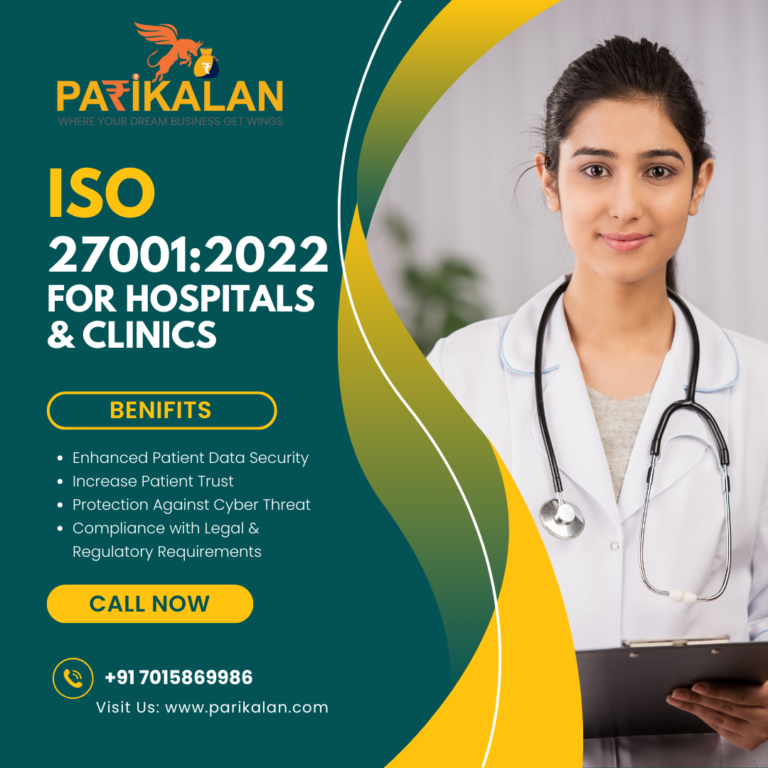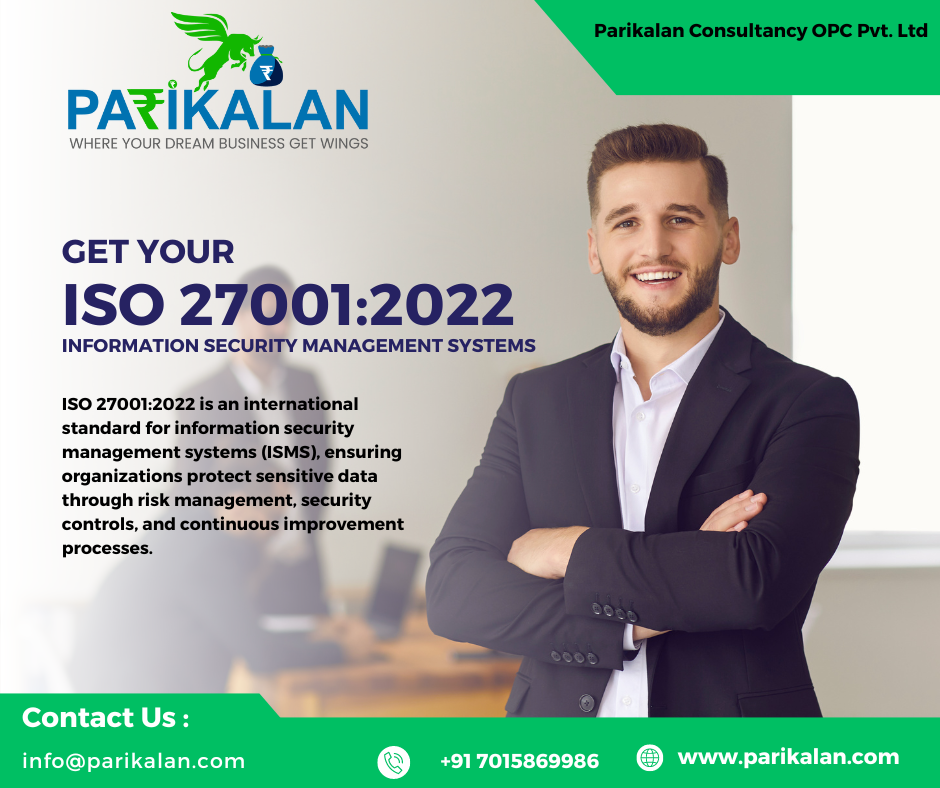How ISO 27001 Ensures Data Security in Hospitals and Clinics
Healthcare industries face high stakes when it comes to security of information, with hospitals and clinics handling vast quantities of sensitive records such as patient health records and payment information that hackers could exploit as potential sources for breaches in data security. If such incidents do happen, their consequences could range from financial losses to legal ramifications that damage institutions irreparably; ISO 27001 offers a robust framework to address such challenges efficiently while helping safeguard information.
Get Business Development Kit
Enhanced Data Security
ISO 27001 can bring healthcare organizations a significant advantage by increasing data security. Companies using ISMS must implement comprehensive security procedures to protect sensitive information from disclosure, unauthorized access alteration destruction and disclosure – clinics and hospitals may use encryption secure access controls and periodic audits of security to keep patients’ records safe.
Protecting Patient Information
Patients’ information is among the most sensitive data that needs to be safeguarded, from health data to PIN numbers. ISO 27001 ensures this sensitive data is safeguarded using stringent security measures that minimize exposure of patient identities.
Secure Financial Information and Payments Hospitals and clinics control large quantities of financial data, such as payment details. ISO 27001 helps safeguard these transactions by ensuring financial data processing conforms with safe standards, eliminating the possibility of loss or fraud.


Meeting Legal and Regulatory Requirements
Healthcare organizations must comply with various privacy and data protection laws, such as HIPAA in the US or GDPR in Europe. ISO 27001 provides an efficient means of compliance, with its aligned regulatory frameworks providing the most thorough assurance.
Compliance with the legal standards ISO 27001 standard
ISO 27001 assists healthcare facilities in adhering strictly to strict rules laid in regulations like HIPAA by ensuring that they utilize the most effective methods for protecting data. This can help avoid legal repercussions and ensures that the organization is prepared for audits and inspections.
Demonstrating Due Diligence In obtaining ISO 27001 certification, hospitals and clinics can demonstrate to regulators, partners and patients that they’ve made proactive efforts to protect sensitive information. This is essential in the event of an inquiry or legal challenge.
Are You Looking To Enhance Your Business Credibility And Quality Standards ?
Increased Credibility
Trust is the cornerstone of patient and provider partnerships. Patients trust healthcare professionals to protect their personal information securely and adhere to privacy legislation. ISO 27001 certification allows hospitals and clinics to demonstrate their dedication to data security while cultivating greater patient confidence.
Building Confidence for Patients If patients know how the health care provider achieved ISO 27001 certification, they can be confident that their personal data is protected. This will improve the overall experience for patients and create a positive image for the business.
Attracting Partnerships
Trust is essential when forming alliances with other healthcare companies, providers, and vendors. ISO 27001 certification signals that an organization is a trustworthy and secure partner. This opens the doorway to new collaborations and business opportunities.
Documents Required for Applying ISO 9001 Certification

Company / Service Govt. Registration Proof

Valid Letter Head including Address

Quality Manual

Internal Audit/MRM
Risk Management Excellence
ISO 27001 is designed to aid organizations in the identification and management of threats that are related to the security of information. In healthcare settings, it means protecting from external threats such as cyberattacks and managing internal risks such as accidental data breaches and internal risk.
ISO 27001 mandates organizations conduct periodic risk assessments that enable them to identify vulnerable spots before being exploited by criminals or hackers. Hospitals and clinics can utilize this proactive method to detect security risks earlier and reduce their consequences through more informed decision making.
Tailored Risk Management Methodologies
Each healthcare institution is different and has unique risks depending on the size, structure, and the kind of data it manages. ISMS allows organizations to create customized strategies to mitigate risk suited to their needs and ensure that the resources are devoted to the most critical areas.
Conclusion :
ISO 27001 is more than simply a certification. It’s a complete method of managing security, which is especially important in the healthcare sector. When they adopt ISO 27001, hospitals and clinics can significantly improve their data security, guarantee compliance with regulatory requirements, build trust with their patients and partners, handle risks efficiently, and guarantee business continuity. In a time when the risk of breaching data is becoming more expensive and frequent, ISO 27001 provides healthcare organizations with the frameworks and tools they need to secure sensitive data while maintaining the highest patient healthcare standards.

